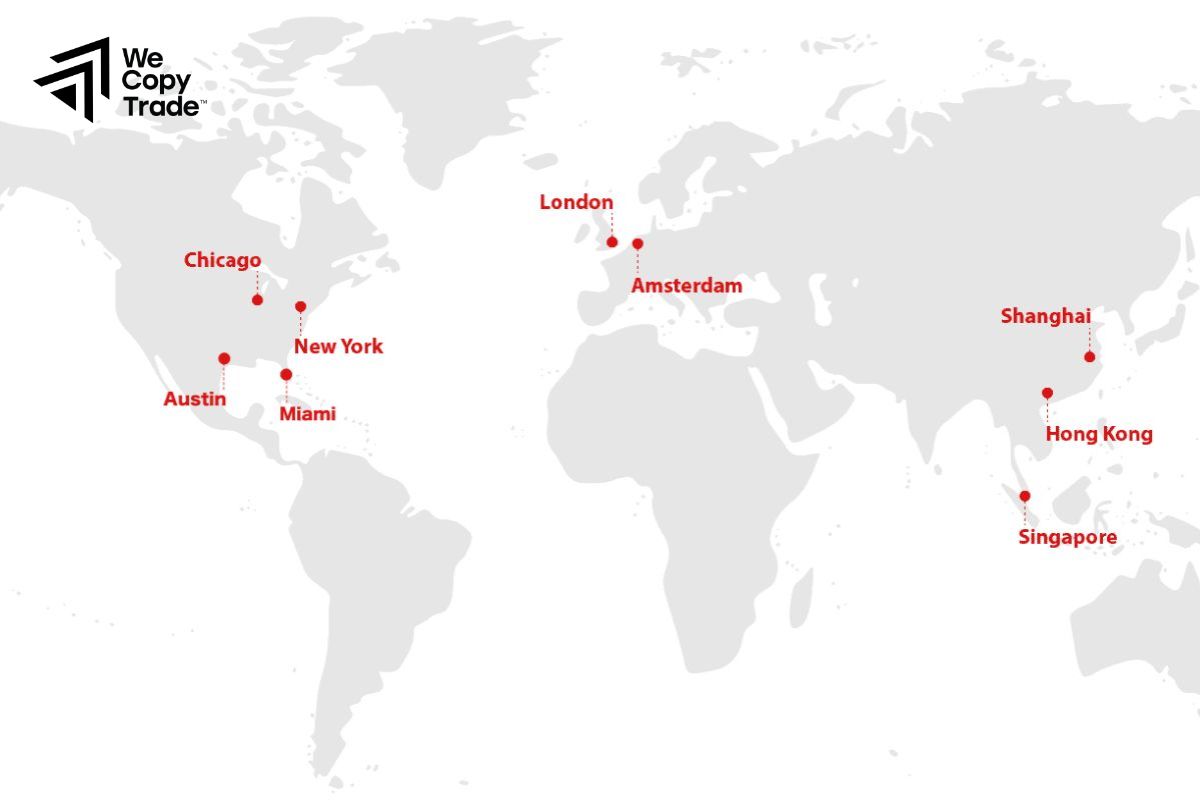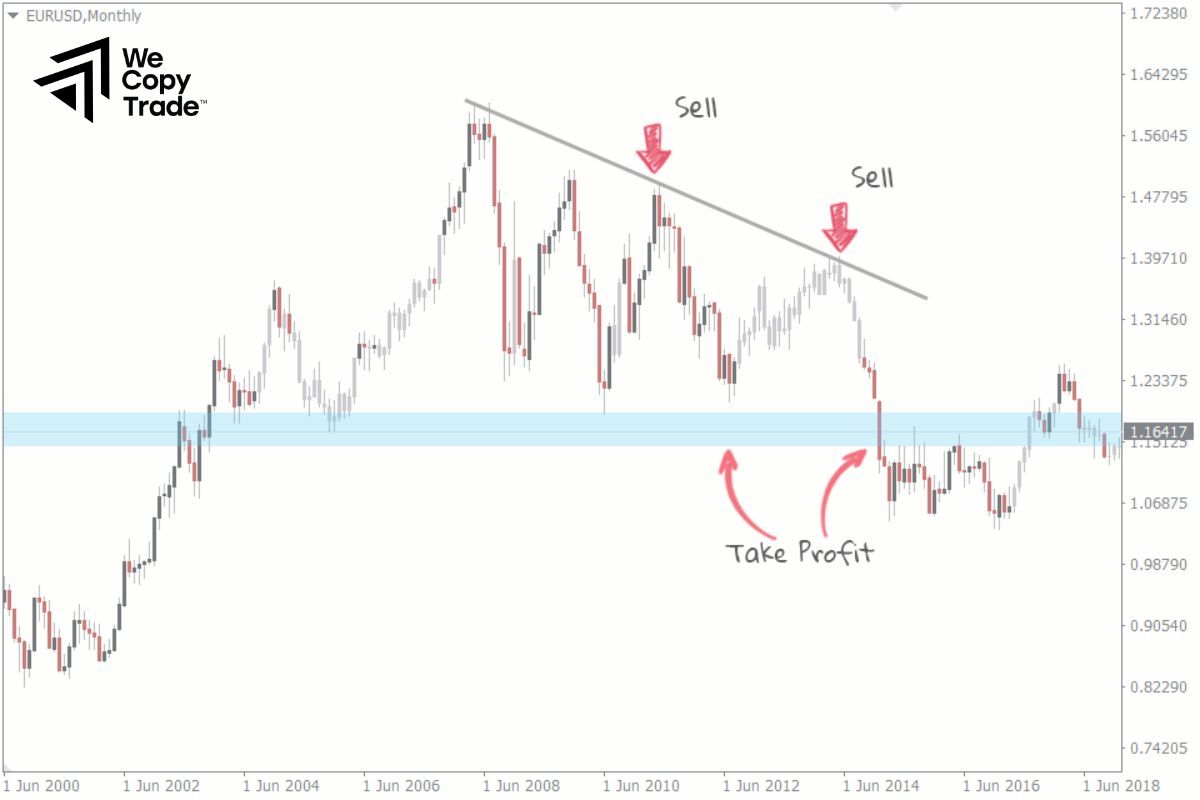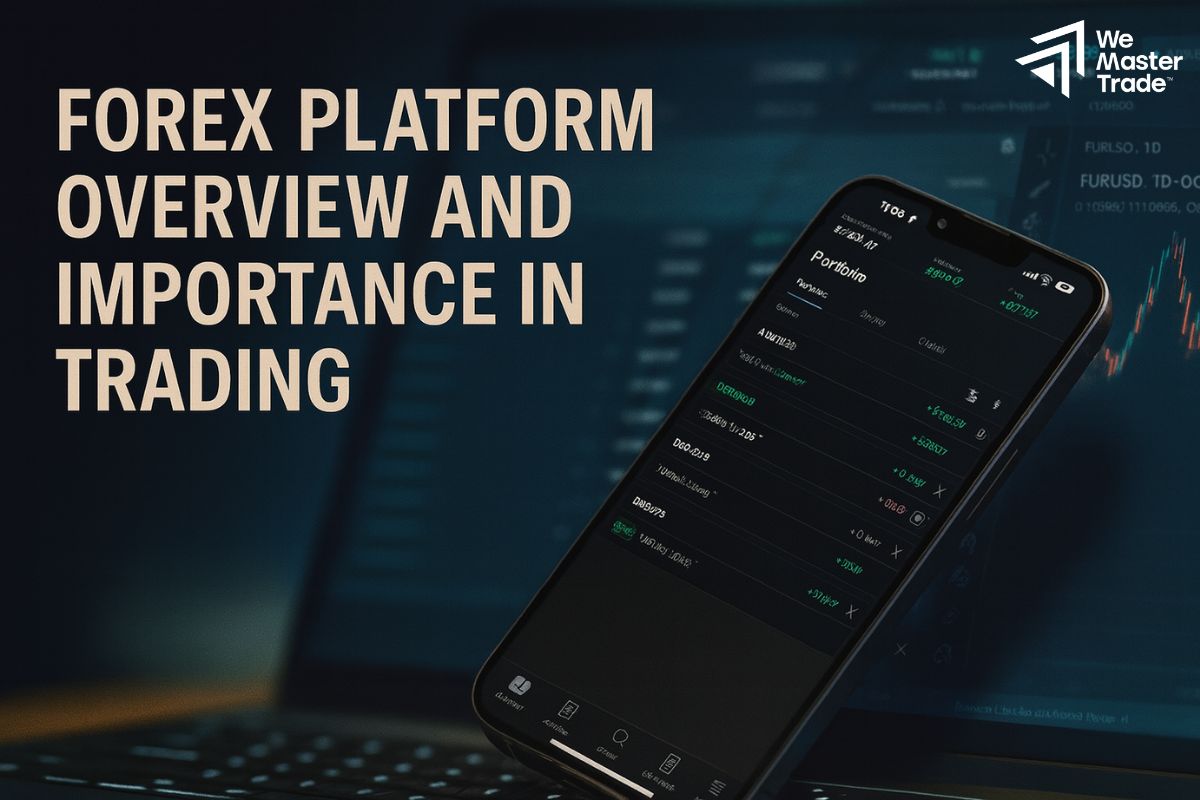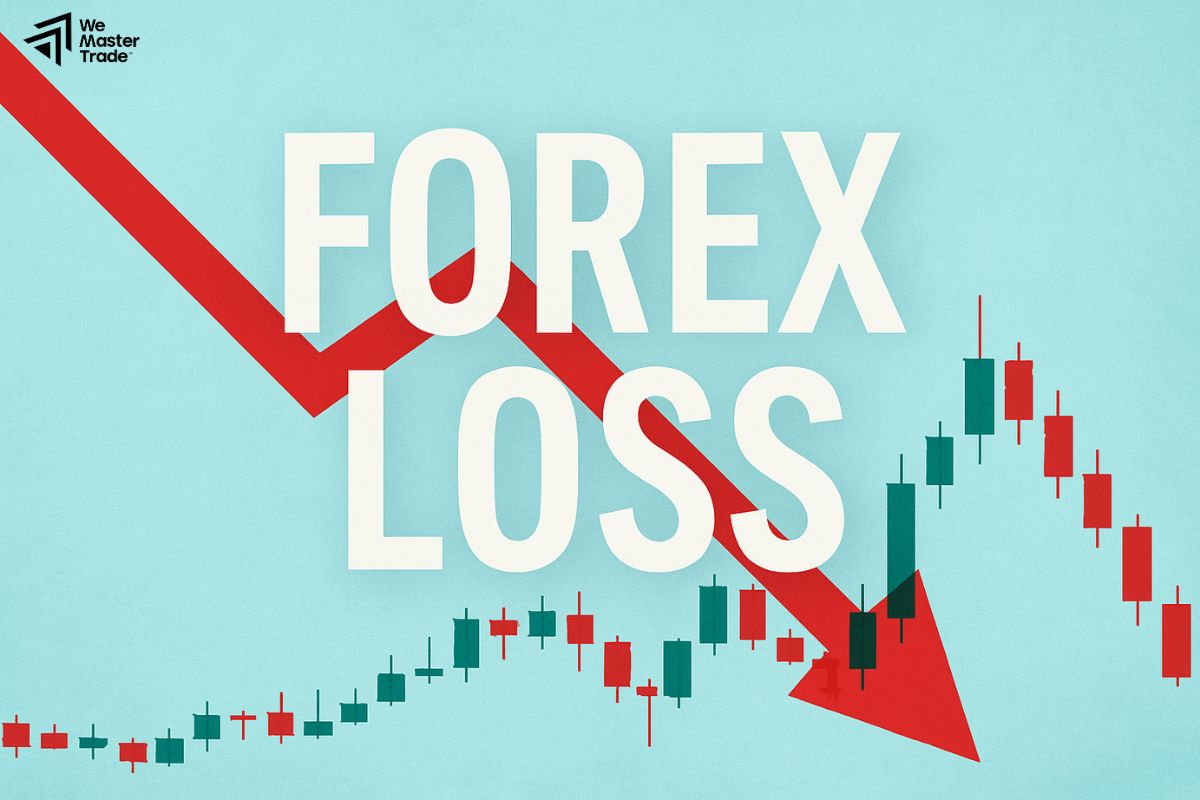When exploring the financial potential of trading within prop firms, many wonder, How much do prop firm traders make? Prop trading firms offer opportunities for skilled traders to earn substantial incomes, often surpassing traditional trading roles. In this article, we’ll delve into the various compensation models and average earnings to provide a clear picture of what prop firm traders can expect to make.
What is prop trading?
Proprietary trading, also known as prop trading, refers to when a financial company trades stocks, bonds, currencies, or other financial instruments using its own money, rather than doing so on behalf of clients. The main goal is to generate profits for the company itself.

At the same time, prop traders use various strategies, including high-frequency trading and algorithmic trading, to maximize returns. They are usually compensated based on their performance, often through a combination of salary and profit-sharing. While prop trading has the potential to yield high profits, it also involves significant risk and is subject to regulatory oversight.
Factors Influencing Earnings in Prop Trading
Several factors influence earnings in prop trading, affecting how much a trader can make. Here’s a breakdown of the key factors:
Performance Metrics
- Trading Success: Earnings are heavily tied to a trader’s success in the markets. Consistently profitable trades lead to higher earnings, often through performance-based bonuses or profit-sharing.
- Risk Management: Traders who manage risk effectively tend to have more consistent earnings. Firms reward traders who balance risk and reward, avoiding significant losses.
Experience and Skill Level

- Experience: More experienced traders typically earn more due to their refined skills and proven track record. They may also take on more significant trades or manage larger amounts of capital, leading to higher earnings.
- Specialized Knowledge: Traders with expertise in specific markets or strategies may command higher earnings, particularly in niche areas where fewer traders have the necessary skills.
Market Conditions
- Volatility and Liquidity: Market conditions, such as volatility and liquidity, can significantly impact a trader’s ability to make profitable trades. More volatile markets can present more opportunities for profit, but also more risk.
- Economic Environment: Broader economic factors, including interest rates, geopolitical events, and economic cycles, can influence trading opportunities and, consequently, earnings.
Geographical Location

- Regional Differences: Earnings can vary based on the location of the trading firm. For example, traders in major financial hubs like New York or London may have access to more opportunities and potentially higher earnings than those in smaller markets.
- Cost of Living Adjustments: Some firms adjust salaries and bonuses based on the cost of living in the trader’s location, which can influence overall earnings.
Firm’s Profitability
- Overall Firm Performance: If the firm itself is performing well and generating significant profits, it may lead to higher bonuses and profit-sharing for its traders.
- Capital Allocation: Firms that allocate more capital to successful traders can significantly increase their earning potential, as they can take larger positions in the market.
How much do prop firm traders make
The earnings of prop firm traders can vary widely depending on several factors. Here’s a general overview:
Base Salary
- Typically, entry-level prop traders may earn a base salary ranging from $50,000 to $80,000 per year, depending on the firm and location.
- Traders with more experience can earn base salaries from $80,000 to $150,000 or more, especially at top firms in major financial centers.
Performance-Based Compensation

- A significant portion of a prop trader’s income comes from performance-based bonuses or profit-sharing arrangements. These can substantially increase total earnings.
- Successful traders can earn bonuses that double or even triple their base salary.
- For example, if a trader generates substantial profits for the firm, their total annual compensation could range from $100,000 to $500,000 or more.
- In exceptional cases, top-performing traders at leading prop firms can earn upwards of $1 million per year, particularly if they manage large positions or consistently achieve high returns.
On average, prop firm traders can expect to make anywhere from $100,000 to $300,000 per year, with top performers earning significantly more. The variability in earnings is heavily influenced by individual performance, market conditions, and the compensation structure of the firm.
Salary Expectations For Prop Trading Firms
Salary expectations for prop trading firms can vary widely based on factors such as experience, firm size, location, and market conditions. Here’s a detailed look at what traders can generally expect:
Entry-Level Traders
- Typically, entry-level traders at prop firms can expect a base salary ranging from $50,000 to $80,000 per year.
- In addition to the base salary, entry-level traders often receive performance-based bonuses. These bonuses can range from $10,000 to $50,000 or more, depending on the trader’s success.
Mid-Level Traders

- Mid-level traders with a few years of experience typically earn a base salary between $80,000 and $150,000 per year.
- At this level, performance bonuses can be substantial, often ranging from $50,000 to $200,000 or more, depending on the trader’s profitability and the firm’s compensation structure.
Senior and Experienced Traders
- Senior traders with significant experience and a proven track record can earn base salaries from $150,000 to $250,000 or more.
- Bonuses for senior traders can be very high, often ranging from $200,000 to $1 million or more, particularly if they are managing large portfolios or generating high returns for the firm.
At the same time, salary expectations in prop trading firms are highly variable and performance-driven. Entry-level traders can expect to start at $50,000 to $80,000 per year, with the potential to earn much more through bonuses and profit-sharing as they gain experience and succeed in the market. Senior traders and top performers can earn salaries in the high six or even seven figures, especially in large, well-established firms or major financial hubs.
Conclusion
In conclusion, the question How much do prop firm traders make depends on various factors, including experience, performance, firm size, and market conditions. As a result, entry-level traders might start with a base salary of $50,000 to $80,000, but their total earnings can significantly increase with performance-based bonuses and profit-sharing. Don’t miss the opportunity today!
See more:











